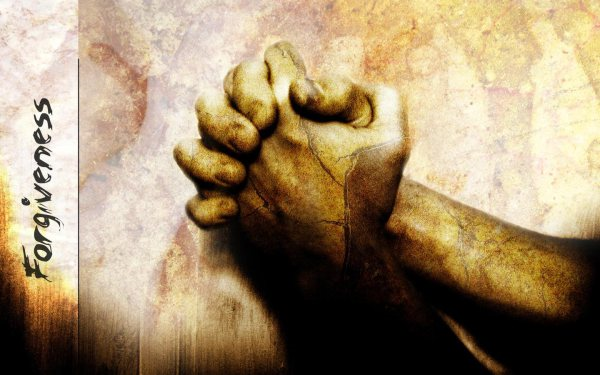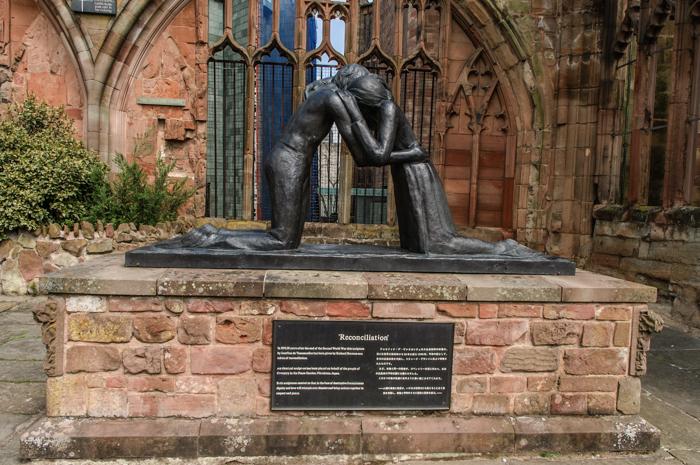
Artist unknown-Photo: michiganpeaceteam.wordpress.com
In the past two decades there has been a significant and increasing focus on forgiveness and reconciliation in societies coming out of conflicts and wars. In the previous decades, these concepts were the domain of philosophers and theologians but have become increasingly linked to questions of socio-political transition in post- conflict countries and regions.
Consequently, the concepts of forgiveness and reconciliation have now fallen under the academic microscope, research and investigation, as well teaching.
This was not the case in the 1990s. The academic interest in these topics was in its infancy. Moreover, to the best of my knowledge, there existed no formal academic centre/s at British universities- or elsewhere for that matter- dedicated solely to the study of forgiveness and reconciliation.
Those who have read Coventry and I: The story of a boy from Iran who became a man in Coventry know that things started to change in 1996, when The Centre for the Study of Forgiveness and Reconciliation was co-founded and established at Coventry University:
“The Centre was officially inaugurated on 11 March 1996, when its distinguished patron, Mary Robinson, the President of Ireland, delivered the inaugural lecture at Coventry Cathedral.” –Dr. Kamran Mofid, Co-founder and Associate Director in 1996
The historical background to how this centre came to be established, can be noted in Centre for the Study of Forgiveness and Reconciliation
Here I wish to share with you the first “Green Paper” I had prepared in May 1996 for the Centre’s Steering and Management Committee, setting out our mission, vision, goals and objectives, whilst trying to answer questions, such as:
What is Forgiveness? What is Reconciliation? Are these two concepts the same, or not? Is Forgiveness to Forget, or to Forgive and Remember? Is Forgiveness the same as justice? What is the relationship between mediation and reconciliation? What are the contributions of forgiveness and reconciliation to non-violent conflict resolution and peace building?
I have noted the document ”A Green Paper” for your interest below:
Forgiveness and Reconciliation: “A Green Paper” by Dr. Kamran Mofid, May 1996
(N.B. I am most grateful to Prof. W. Shriver, Jr, President Emeritus and William E. Dodge Professor of Applied Christianity, Union Theological Seminary, New York 1975-91, and the author of an epic study “An Ethic for Enemies, Forgiveness in Politics” Oxford University Press, 1995 for his inspirational correspondence with me and his writings, enabling me to formulate and prepare the “A Green Paper”.)
It goes without saying that, I feel extremely humbled and honoured for the part I was able to play to bring about the study of forgiveness and reconciliation to the heart of academic consideration and thank all those marching with me to make this possible.

The statue of reconciliation in the ruins of Coventry Cathedral. I was honoured and proud to be present at the unveiling ceremony of the statue in Coventry in 1995 and later on at Hiroshima Peace Garden where a replica was unveiled.
Photo: Anne Mofid
